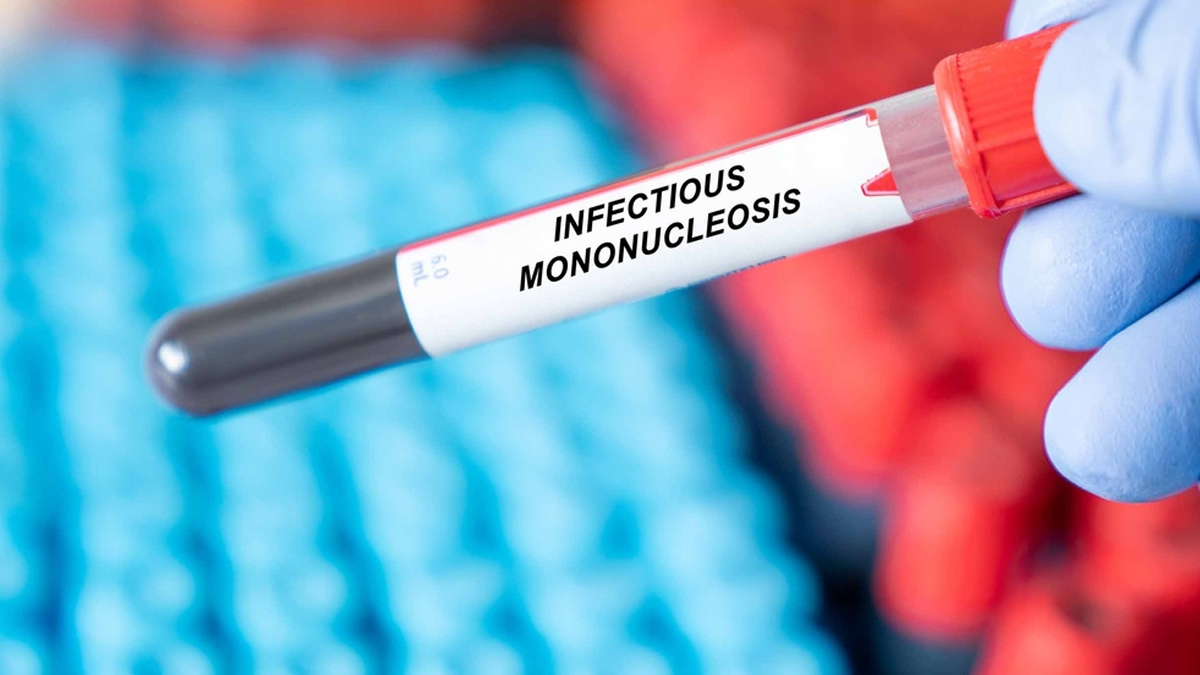
Mononucleosis, also called mono or the kissing disease, is a viral infection that is caused by the Epstein-Barr virus and spreads through saliva. Because of the mode of transmission, many people wonder whether it is a Sexually Transmitted Infection (STI) or not. The OnlyMyHealth team interacted with Dr Rohit Garg, Consultant - Infectious Diseases, Amrita Hospital, Faridabad, to understand the nature of the infection.
Table of Content:-
Also Read: Sexual Health: Common Conditions Worth Your Attention, With Insights from Influencer Khushboo Bist
What Is Mononucleosis?

Dr Garg says, “Infectious mononucleosis is caused primarily by EBV. Less commonly, it can also be caused by other viruses, such as Cytomegalovirus (CMV), HIV, or protozoan parasite, and Toxoplasma spp.”
According to StatPearls Publishing, up to 95% of adults worldwide are estimated to be seropositive for the Epstein-Barr virus.
"The traditional age group where peak incidence is noted, however, is in 15- to 24-year-olds," research says, sharing that mononucleosis is uncommon in adults.
Symptoms Of A Mono Infection?
Infectious mononucleosis is a clinical syndrome characterised by a triad of symptoms, which include:
- Fever
- Sore throat
- Swollen lymph nodes in the neck and armpits
- Swollen tonsils
- Headache
- Fatigue
- Swollen spleen or liver
Is Mononucleosis A Sexually Transmitted Infection (STI)?

According to Dr Garg, mono is highly contagious.
He says, "It spreads through saliva, which is why it's sometimes referred to as the kissing disease. However, it can also spread by sharing drinks, utensils, or personal items, or through coughs and sneezes."
When asked if it can spread through sexual contact, he says it is not considered a STI, although it can be transmitted through close personal contact, including sexual contact.
Also Read: Can Sexually Transmitted Infections Spread Without Engaging In Sexual Activity?
Prevention And Treatment Options

Infectious mononucleosis can be prevented by avoiding direct contact with the saliva of someone who is infected.
“This includes not sharing utensils, drinks, or personal items and good hygiene practices, like regular hand washing,” says Dr Garg.
Unfortunately, there is no specific treatment for infectious mononucleosis.
Management focuses on relieving symptoms, which include:
- Adequate rest
- Hydration
- Taking Over-The-Counter (OTC) pain relievers and fever reducers such as ibuprofen or acetaminophen
In severe cases, the doctor says corticosteroids may be prescribed to reduce throat and tonsil swelling. Avoiding strenuous activities and contact sports is recommended to protect the spleen, which can be enlarged during infection.
Most people make a full recovery, though symptoms can last several weeks, he concludes.
How we keep this article up to date:
We work with experts and keep a close eye on the latest in health and wellness. Whenever there is a new research or helpful information, we update our articles with accurate and useful advice.
Current Version